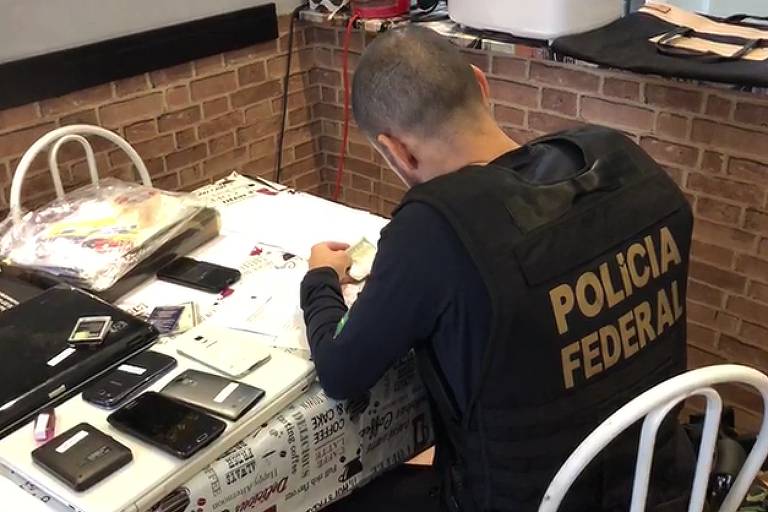With the nomination of Sergio Moro as Minister of Justice, the year for the Car Wash team began promising. But it ends with a series of defeats in various courts of the judiciary, stagnation in results and unprecedented damage to its credibility.
Amid rulings by the Federal Supreme Court that overhauled the pillars of the operation, such as the arrest of convicts on appeal, task force prosecutors lowered their public exposure when their telegram conversations were disclosed.
Conversations released by The Intercept Brasil and other media, such as Folha, indicated a combination of measures with former judge Sergio Moro, the use of confidential information without obeying formalities, and even the articulation of a lecture company to profit from the operation's visibility.
Even politicians known for supporting the operation, such as Senator Randolfe Rodrigues (Rede-AP), criticized the team for what they considered abusive practices.
Even so, the operation's popularity remained high: in a Datafolha survey earlier this month, 81% of respondents said Car Wash has not yet met its objectives and should continue.
In 2020, further discussions in the Supreme Court may extend the review of old operation decisions: the judgment on Moro's impartiality to conduct cases of former President Lula, which affect other arms of the operation, and the analysis, already scheduled. In June, the Supreme Court will rule on the legality of the JBS denunciation, the most controversial agreement reached by the Attorney General's Office in Brasilia.
Launched in March 2014 to counter a financial corruption scheme, Car Wash reached its peak years later. It directly influenced the course of national politics, such as Dilma Rousseff's impeachment in 2016, and the denunciations against then-President Michel Temer, in 2017 —these conducted by the Attorney General's Office.
Translated by Kiratiana Freelon
